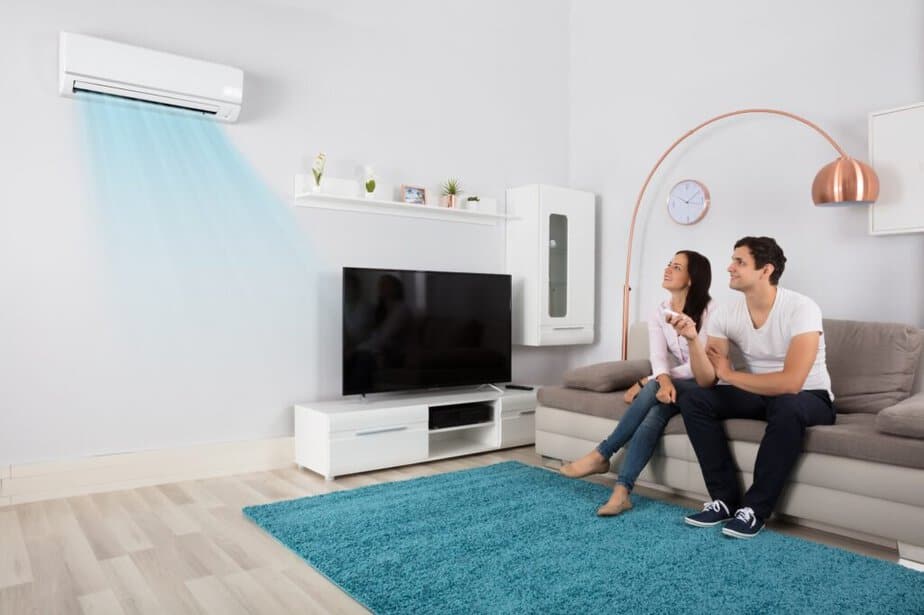In the pursuit of creating a healthy and comfortable living environment, the selection of the right home air conditioning filters is a critical consideration. This guide aims to assist homeowners in navigating the myriad options available, ensuring that the chosen filters not only cater to the specific needs of their air conditioning system but also contribute to optimal indoor air quality.
From deciphering filter efficiency ratings to exploring the benefits of specialized filtration, we delve into the intricacies of making informed choices. Whether you’re exploring options for enhanced air quality or seeking cost-effective solutions like cheap ac air filters for home use, join us as we demystify the selection process and empower you to breathe easier in your indoor spaces.
Determine the Right Filter Size
Ensuring that you determine the right filter size for your home air conditioning system is crucial for maintaining optimal indoor air quality. To accurately determine the appropriate filter size, it is recommended to consult your air conditioner’s owner’s manual or reach out to a professional HVAC technician. Typically, the filter size is specified in terms of length, width, and depth, and can vary depending on the specific model of your AC unit.
It is important to note that using the wrong filter size can lead to reduced efficiency of the air conditioning system and potentially compromise the quality of the air you breathe. Taking the time to determine the right filter size will not only contribute to better indoor air quality but also enhance the overall performance and longevity of your AC system.
Consider Your Indoor Air Quality
These filters play a vital role in trapping and removing various airborne particles, such as dust, pollen, pet dander, and mold spores, from the air circulating in your home. By efficiently capturing these pollutants, the filters help to minimize their presence within your living space, promoting cleaner and healthier indoor air.
Investing in filters with a high Minimum Efficiency Reporting Value (MERV) rating can further enhance their effectiveness in removing a broader range of particulates. Regularly replacing these filters according to the manufacturer’s recommendations will ensure optimal performance and maintain the desired indoor air quality, providing you and your loved ones with a comfortable and healthy living environment.
Look For High-Efficiency Options
High-efficiency filters are designed to capture even the smallest particles, including bacteria, viruses, and allergens, ensuring cleaner and healthier air in your home. These filters typically have a higher MERV rating, indicating their ability to trap a greater percentage of airborne contaminants.
By choosing high-efficiency options, you can significantly improve the air quality in your living space and reduce the risk of respiratory issues caused by poor indoor air. Additionally, regularly replacing these filters will maintain their efficiency over time and guarantee that your air conditioning system continues to provide clean and fresh air for you and your family.
Check for MERV Ratings
The MERV rating indicates the filter’s ability to capture and remove particles of different sizes from the air. Higher MERV ratings signify a higher filtration efficiency, with a greater percentage of airborne contaminants being trapped. It is recommended to choose filters with a MERV rating of at least 8 for residential applications, as they are capable of capturing common household allergens and pollutants.
However, it is essential to balance filtration efficiency with the airflow capacity of your air conditioning system to avoid strain on the equipment. By checking for MERV ratings, you can ensure that you are selecting filters that effectively improve the indoor air quality of your home without compromising the performance of your air conditioning system.
Conclusion
Choosing the right home air conditioning filter is crucial for maintaining optimal indoor air quality. By considering the size, material, and MERV rating of the filter, homeowners can ensure that their HVAC system is functioning efficiently and effectively. As always, it is important to regularly check and replace air filters to prevent any build-up of pollutants and allergens. By following these simple guidelines, homeowners can create a healthier and more comfortable environment for themselves and their loved ones. Remember, investing in the right air conditioning filter is an investment in your overall well-being.
